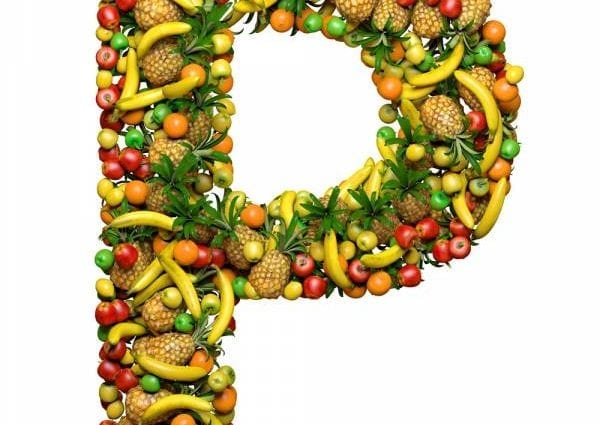Contents
c-complex, bioflavonoids, rutin, hesperidin, citrine
Vitamin P (from the English “permeability” – to penetrate) are plant bioflavonoids representing a group of biologically active substances (rutin, catechins, quercetin, citrine, etc.). In total, there are currently over 4000 bioflavonoids.
Vitamin P has a lot in common with its biological properties and action. They reinforce each other’s action and are found in the same foods.
Vitamin P-rich foods
Indicated approximate availability in 100 g of product
Daily requirement of vitamin P
The daily requirement for vitamin P is 35-50 mg per day
The need for vitamin P increases with:
- long-term use of salicylates (aspirin, asphene, etc.), arsenic preparations, anticoagulants;
- intoxication with chemicals (lead, chloroform);
- exposure to ionizing radiation;
- work in hot shops;
- diseases leading to increased vascular permeability.
Useful properties and its effect on the body
The main functions of vitamin P are to strengthen the capillaries and reduce the permeability of the vascular wall. It prevents and heals bleeding gums, prevents bleeding, has an antioxidant effect.
Bioflavonoids stimulate tissue respiration and the activity of some endocrine glands, in particular the adrenal glands, improve thyroid function, increase resistance to infections and lower blood pressure.
Bioflavonoids have a positive effect on the cardiovascular system: they improve blood circulation and heart tone, prevent atherosclerosis, and stimulate the functions of the lymphovenous sector of the vascular system.
Plant bioflavonoids, when taken regularly, reduce the risk of coronary heart disease, myocardial infarction, sudden death, and hypertension.
Interaction with other essential elements
Vitamin P contributes to the normal absorption and metabolism of vitamin C, protects it from destruction and oxidation, and promotes accumulation in the body.
Signs of a vitamin P deficiency
- pain in the legs when walking;
- shoulder pain;
- general weakness;
- fast fatiguability.
Small skin hemorrhages appear in the form of pinpoint rashes in the area of hair follicles (often at places of pressure of tight clothing or when parts of the body are injured).
Factors Affecting Vitamin P Content in Foods
Bioflavonoids are resistant to environmental factors, they are well preserved in food when heated.
Why vitamin P deficiency occurs
Vitamin P deficiency can occur when fresh vegetables, fruits and berries are absent in the diet.











ዋዉ በጣም አሪፍ ትምርት ነዉ
ዋዉ በጣም አሪፍ ትምርት ነዉ